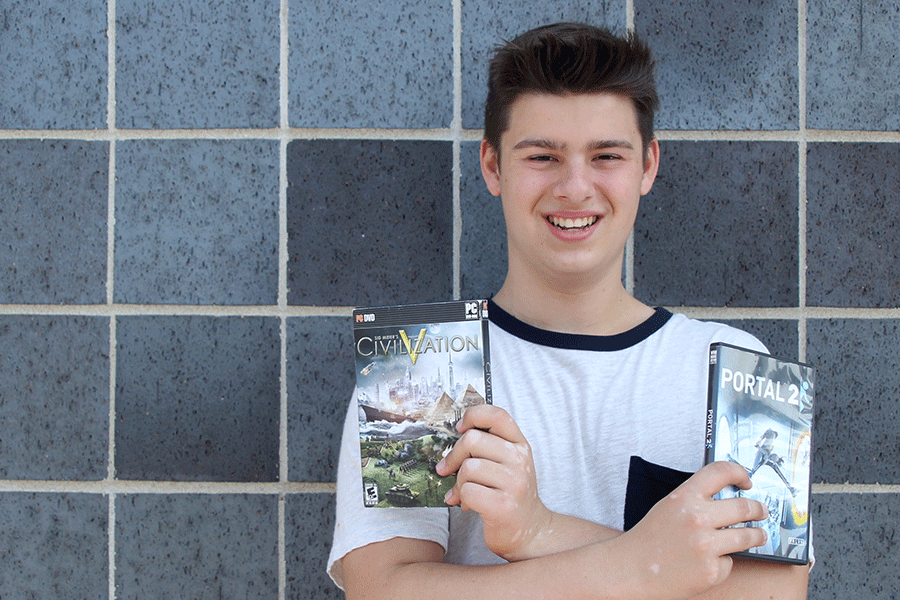Extra Lives: What’s the deal with mobile games?
October 9, 2015
In today’s world, and in our generation in particular, mobile devices are a dominant part of the cultural landscape. Our smartphones have become integrated into our daily lives so much so that it’s strange to see somebody without one.
With the rise of the mobile device itself has come the rise of the mobile game. They’re probably the most common type of video game available, and they’re certainly the most easily accessible. Anyone with an iPhone can start themselves on an intensive regimen for thumb muscles for what is usually a very low price. The mobile market is booming with new material each day, and games like “Angry Birds” have earned their creators quite a bit of cash.
There’s just one problem with this booming market: quality. So many of the mobile games out right now are just absolutely terrible. Even the most lucrative games are based on the kind of cheap, money-grubbing tactics one would expect from an old arcade game desperate to swallow your quarters. These games, such as “Candy Crush,” create a paywall system where the player is forced to sit and wait for a level to be unlocked, with the option of advancing by forking over cash in the form of in-app purchases. This kind of system is commonplace among mobile games, and it’s the kind of cash-obsessed scheme that steers me away from the mobile market and makes me want to just stick with my PC.
But what is it about the mobile industry that creates such sleazy corporate tactics? It could be the seriousness, or lack thereof, that publishers have for the medium. After all, the mobile market is a fairly new one, and there’s definitely an attitude among many that mobile games are a fad that will soon fade into obscurity; I used to share this attitude. If creators don’t view the medium as a legitimate form of artistic expression, they’re less likely to treat it with respect.
There are, however, exceptions to the rule when it comes to mobile games. “Spaceteam” is an excellent example: released in 2012, this game uses multiplayer cooperative play to create situations of chaos and hilarity, and ended up being a finalist for the Independent Games Festival Best Mobile Game award in 2013. While “Spaceteam” is not what one would call an especially serious game, it does demonstrate a respect for what the mobile platform can do beyond what many other games do.
So, there is hope for mobile games. In fact, if the market as a whole can shape up and start pushing the boundaries of what the medium could do, then mobile might very well be the future of video games as a whole. After all, a huge part of the population already has a mobile device, providing an instant market for developers. Hopefully, mobile games as a whole can move past the industry conventions of today and look to the future.
Senior Nick Booth has played games since he was a young child. He is still an avid PC gamer to this day, spending a large portion of his time playing with a keyboard and mouse.













